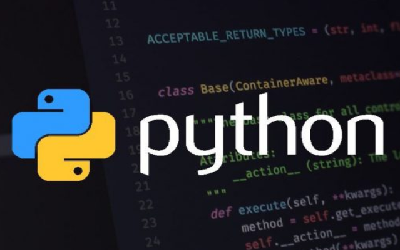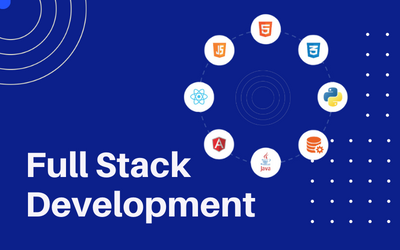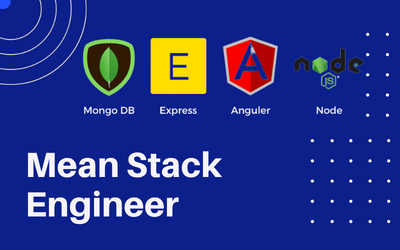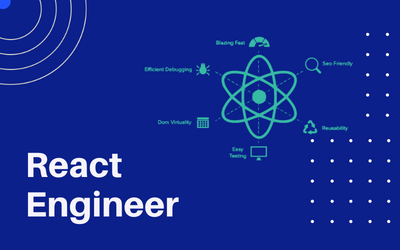Web Application using Python
Building Web Applications using Python allows you to create dynamic and interactive websites. This course covers essential concepts like web frameworks, database integration, and front-end development, empowering you to craft robust and engaging web solutions with Python's versatility. Dive into the world of Flask or Django, harness the power of Python for backend logic, and bring your web development skills to new heights. Elevate your programming journey with hands-on projects and real-world applications.

0 Enrolled
English
Last updated
Wed, 05-Jun-2024








